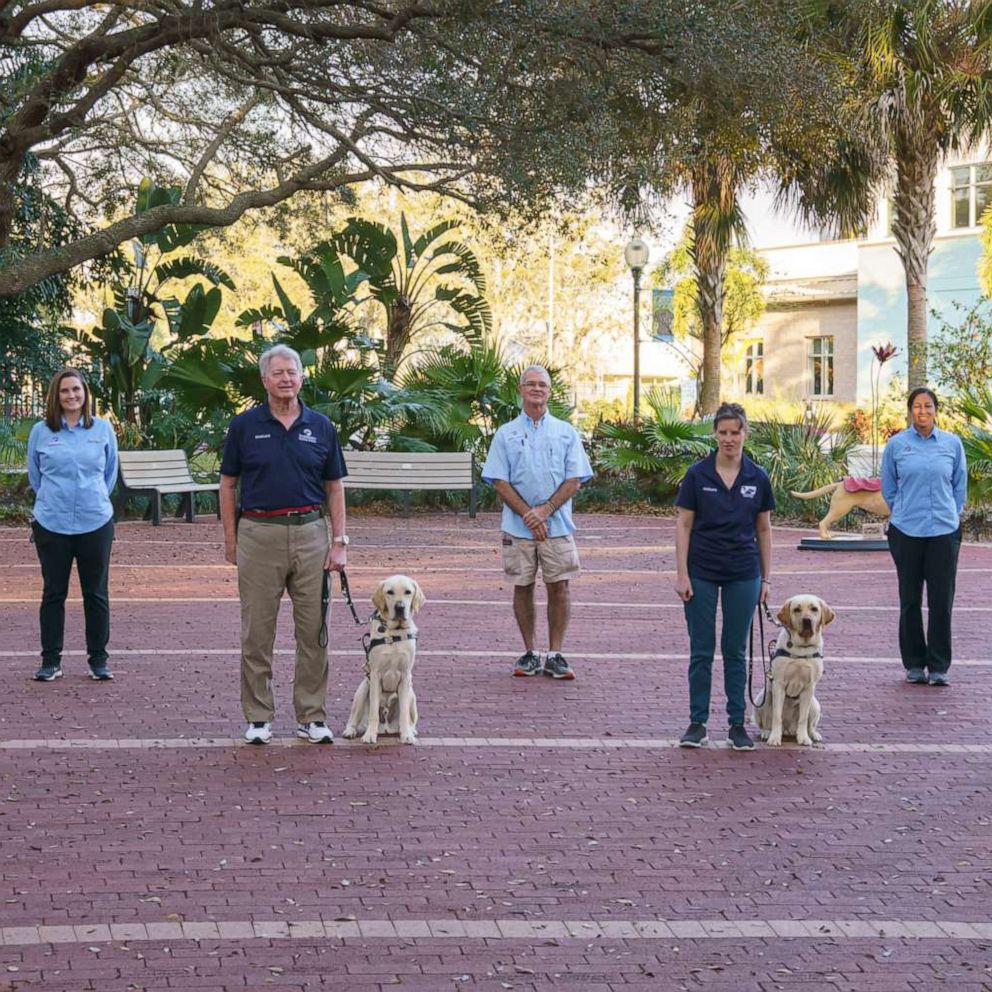What to know about anti-aging medication in development that could help dogs live longer
The term "dog years" may take on a new meaning thanks to a new medication designed to extend the lifespan of dogs.
The drug, currently called LOY-001, is not yet available to pet owners, but could potentially be on the market as early as 2026, according to Loyal, the San Francisco-based company behind the drug.
Here are five questions answered about the medication.
1. Is the drug designed for all dogs?
LOY-001 is specifically designed for large adult dogs, which generally have a shorter life span than small dogs.
2. How does the drug work?
The drug is said to work by interacting with insulin growth factor-1, or IGF-1, a hormone that is thought to both cause dogs to grow and accelerate aging in dogs.

Previous research has shown that dogs with lower insulin levels were correlated with reduced frailty and a higher quality of life compared to dogs with higher insulin levels.
IGF-1 is naturally higher in large dogs, which is why they tend to not live as long as small dogs.
3. Is the drug a pill?
LOY-001 is a long-acting injectable medication that would be administered to dogs by a veterinarian every three to six months, according to Loyal.
4. Are there any side effects for dogs?
Studies so far have shown that side effects of LOY-001 can include mild and temporary gastrointestinal distress in dogs.
5. Why is the medication not yet available?
More research needs to be done before the medication is approved for use by the U.S. Food and Drug Administration.
Loyal announced this month that the FDA has signaled that its data to date shows the drug has potential effectiveness.
However, full FDA approval of the drug will require the completion of a large clinical trial, as well as the review of safety and manufacturing data.
Loyal said it hopes to have conditional FDA approval of LOY-001 by 2026.
Khushali Jhaveri, M.D., a board-certified internal medicine physician, is a hematology/oncology fellow at Moffitt Cancer Center and a member of the ABC News Medical Unit.







